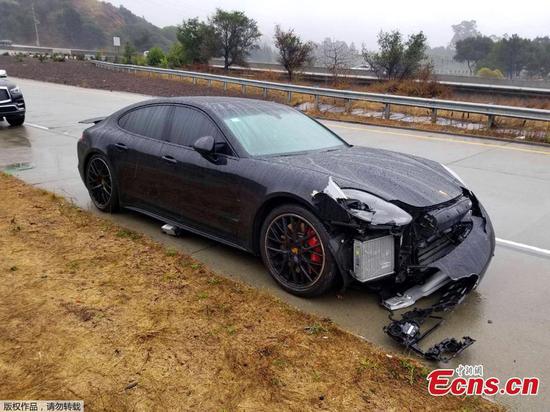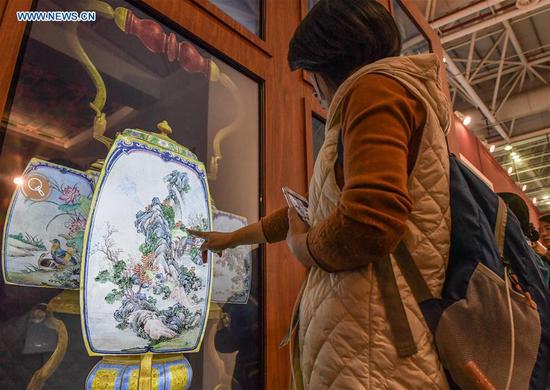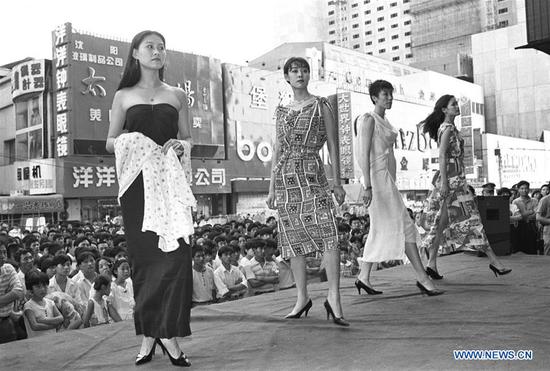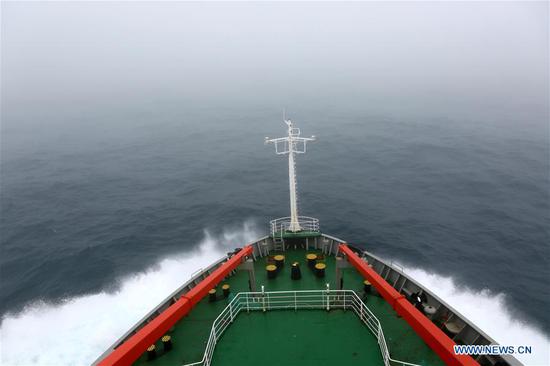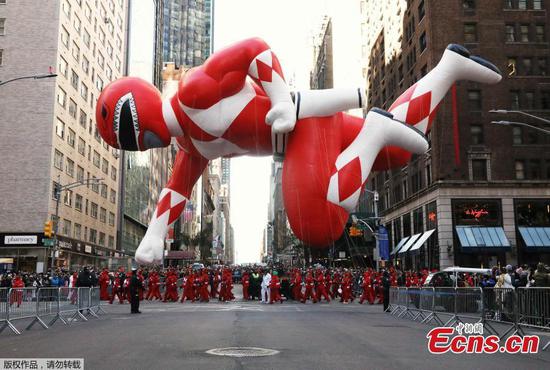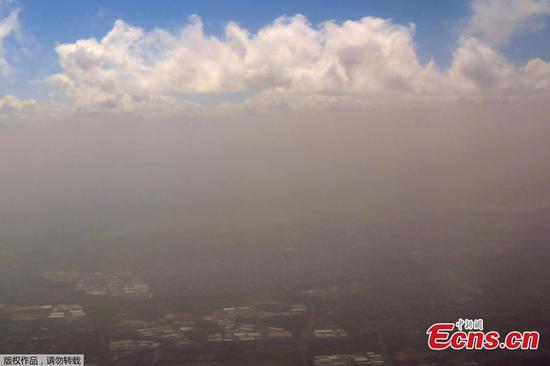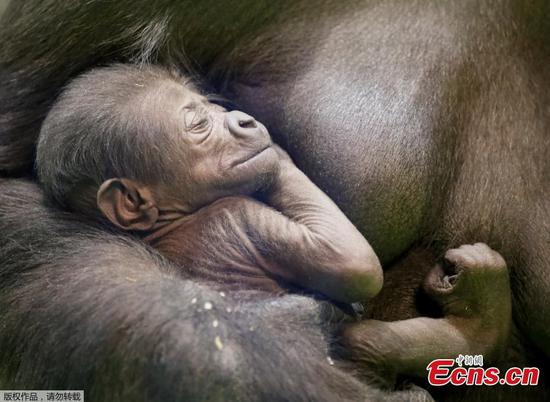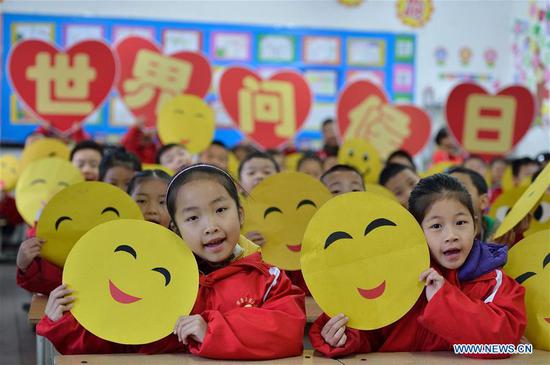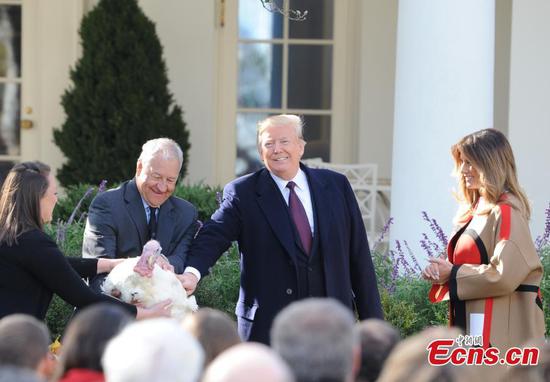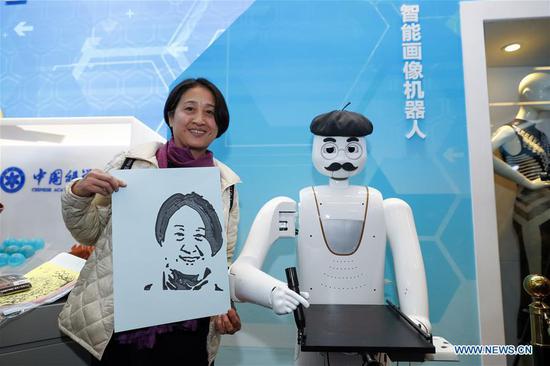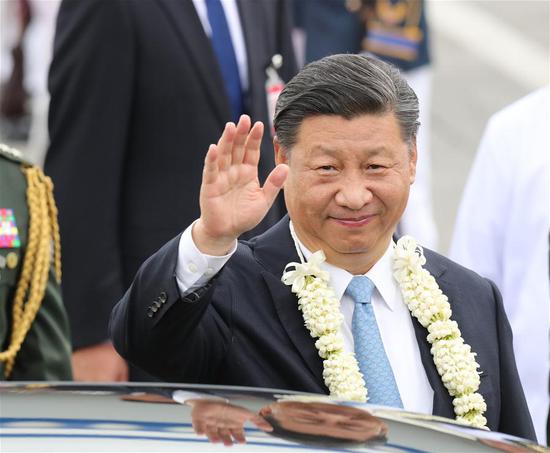This year, American consumers are facing higher retail prices on some items that are subject to tariffs caused by the China-U.S. trade frictions, dampening the holiday shopping season.
"Retailers may absorb the extra amount of money from tariffs, and that [money] will pass on to consumers…" said Britt Beemer, founder and chairman of consulting firm America's Research Group.
"Unfortunately with the tariff policy we have in place now, simple basics like T-shirts and underwear still have a pretty high tariffs and that hurts lower-income consumers the hardest,” said Jonathan Gold from the National Retail Federation.
That means some consumers will have less money for holiday shopping, which will accordingly damage the U.S. job market.
"When products cost more, people buy less of it. When people buy less of it, there's less demand. That means there's fewer people that would be employed getting that product into the marketplace. So based on existing and the proposed tariffs that are out there, several hundred thousand jobs will be lost in the U.S. economy,” said Gary Shapiro, CEO of the Consumer Technology Association.
In September, U.S. President Donald Trump hit another 200 billion U.S. dollars' worth of Chinese goods with a 10 percent tariff after slapping 50 billion U.S. dollars' worth of Chinese goods with a 25 percent tariff in June.
As a response, China imposed additional tariffs on U.S. products worth 60 billion U.S. dollars starting from September 24.









